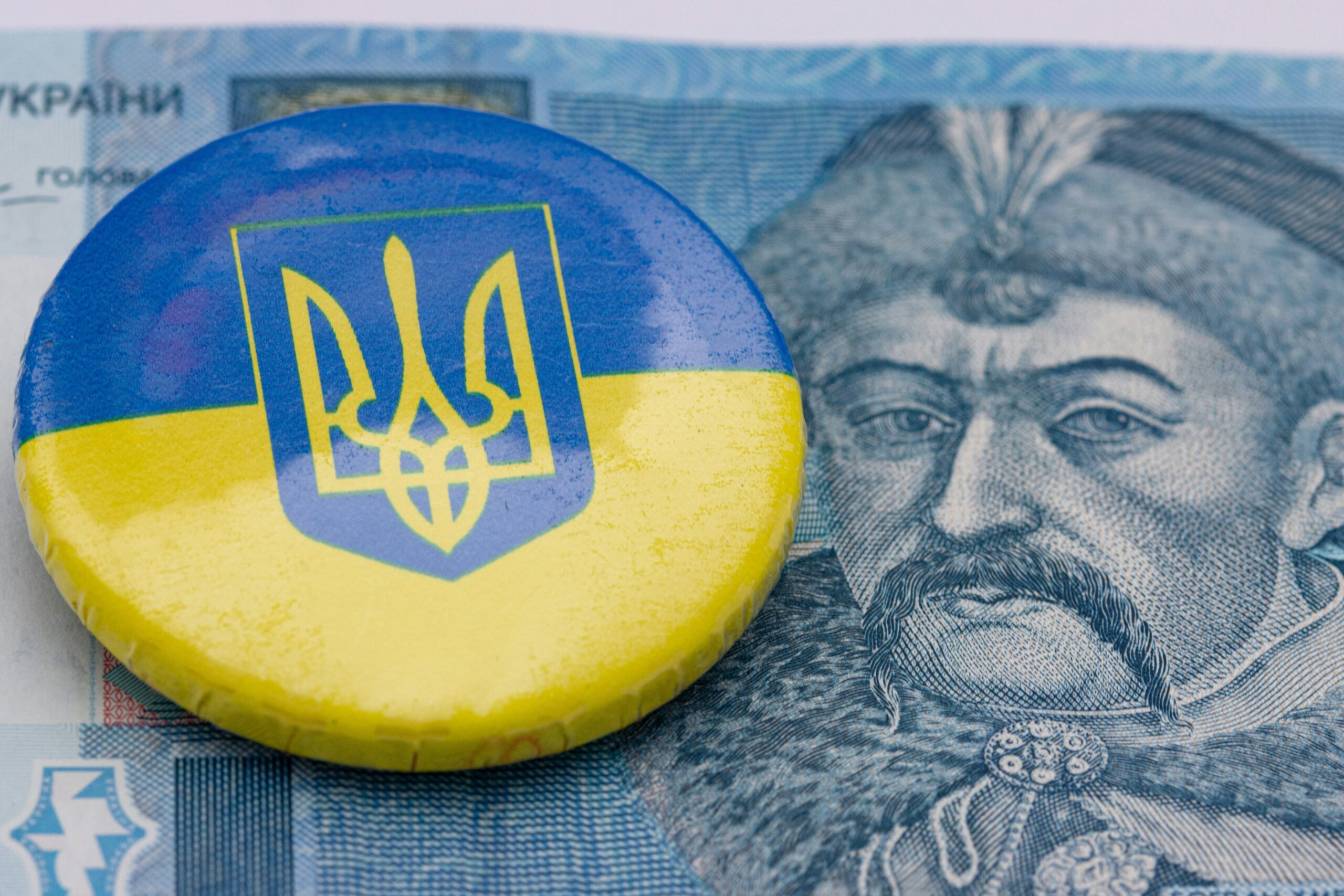
In the shadow of prolonged negotiations and international dialogues, the Donbas region of Ukraine remains a focal point in the geopolitical tension between Russia and Ukraine. This industrial and culturally significant area has been a battleground since Russia’s invasion in 2022, highlighting both its importance and the complexity of the conflict.
Key Facts
- Russia currently controls all of Luhansk and parts of Donetsk, two major areas in the Donbas region.
- The region was annexed by Russia following the 2022 invasion, a move widely condemned by the international community.
- Russian President Vladimir Putin has expressed a desire for a war settlement that includes full control over the Donbas.
Why Does Russia Want the Donbas?
The Donbas region, historically an economic powerhouse due to its industrial capabilities and mineral resources, remains significant to Russia for several reasons. First, the area’s industrial past and agricultural wealth make it economically valuable. Despite its decline post-Cold War, it still holds substantial economic potential.
Strategically, Donbas’s location provides crucial access to the Black Sea through the port of Mariupol, making it a key military and economic point. The long duration of conflict in the area underscores its strategic importance, with both sides reluctant to relinquish control.
Symbolically, Donbas holds a special place in Russian nationalist narrative. Many residents are Russian speakers, a demographic shift that occurred during the Soviet era. The region is often portrayed as being central to the ‘Russkiy Mir’ or ‘Russian World,’ a cultural and political concept promoted by Putin to justify territorial claims.
Legitimacy of Russia’s Claims
Despite the historical connections, the legitimacy of Russia’s claims to the Donbas is highly contested. Experts argue that the historical ties to ‘greater Russia’ do not provide a legitimate basis for modern-day territorial claims. The Budapest Memorandum of 1994, signed by Russia, Ukraine, the US, and the UK, affirmed Ukraine’s borders, which Russia later violated in 2014 during its annexation of Crimea.
Further complicating the legitimacy are the perspectives of the Russian-speaking population in Ukraine. Studies suggest that most consider Ukraine their homeland, not aligning politically or socially with Russia despite their language.
Ukraine’s Stance on the Donbas
Ukraine remains firm on maintaining sovereignty over the Donbas, reflecting both governmental and public sentiment. The treatment of Ukrainians in Russian-occupied areas has only solidified this stance, with widespread opposition to ceding any part of the territory to Russian control.
However, practical considerations such as current military control by Russian forces pose challenges. President Zelenskyy’s administration has hinted at potential compromises that could acknowledge the situation on the ground without formally relinquishing sovereignty, contingent on security assurances from international partners like NATO.
This complex interplay of historical ties, economic value, and national sovereignty continues to shape the discourse around Donbas, making it a key piece in the puzzle of Eastern European geopolitics.


